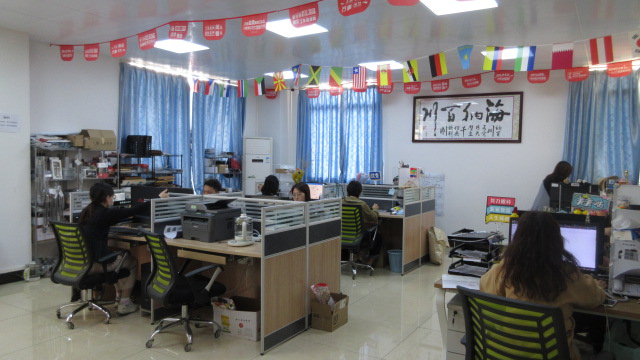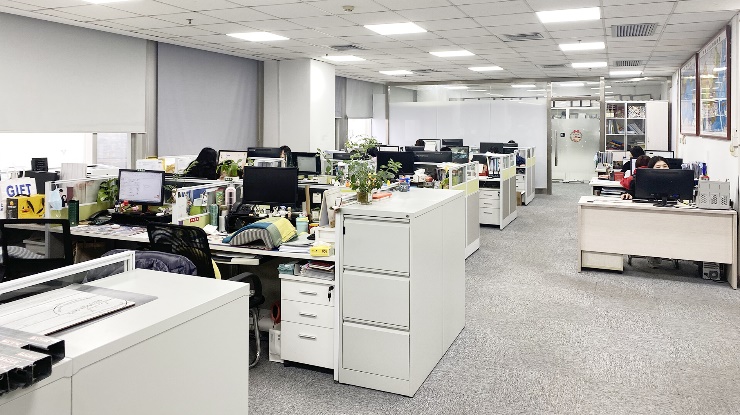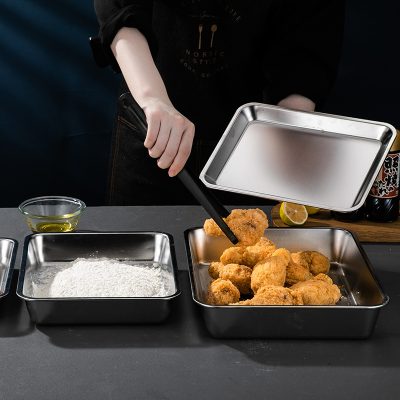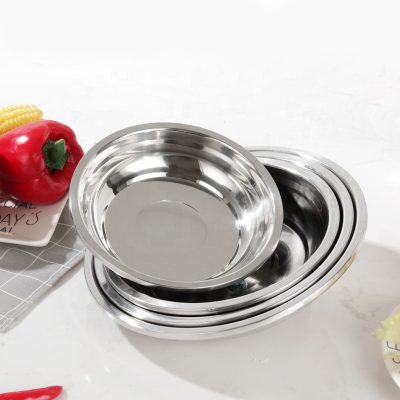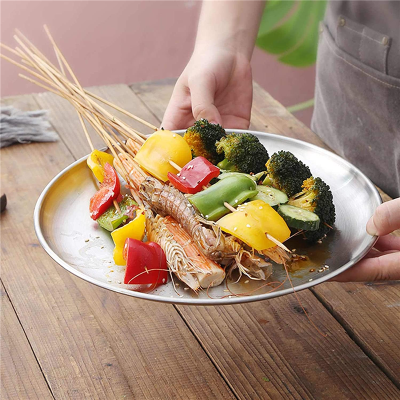
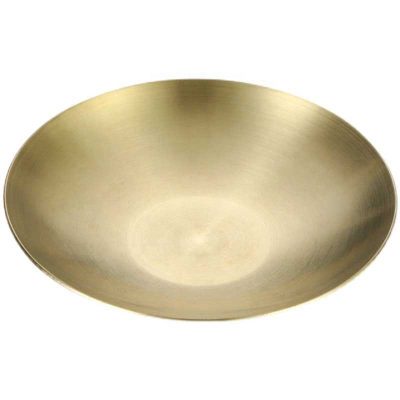
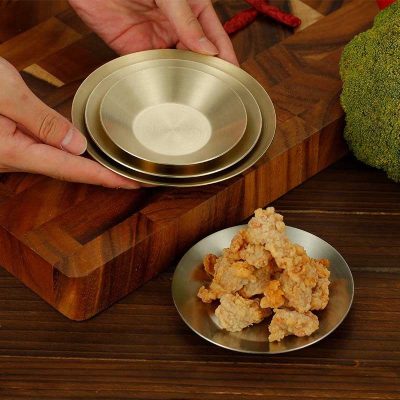
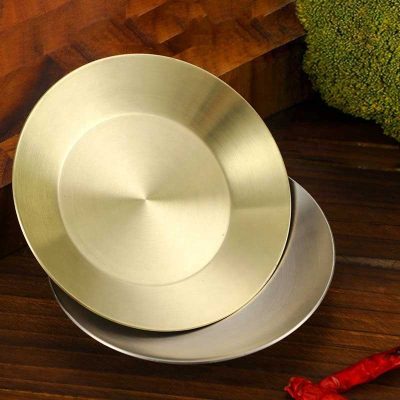
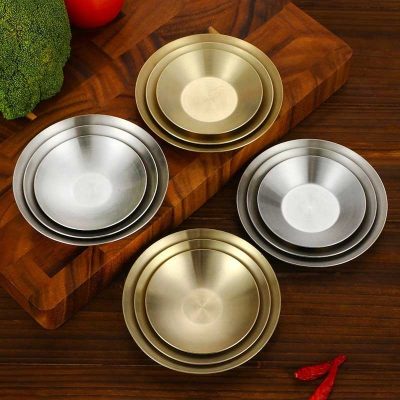
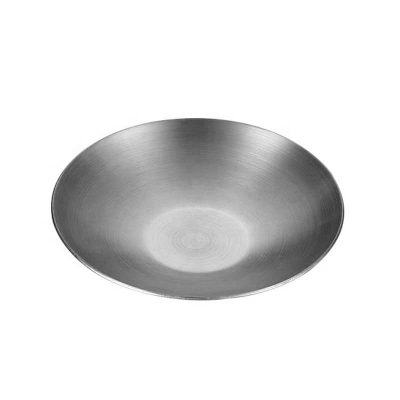
| Product Name | Stainless Steel Plates |
| Material | 304 stainless steel |
| Size | Small/medium/large |
| Style | Korean |
| Factory Audit | ISO9001 / BSCI / SEDEX |
| Advantages | 1.Good quality stainless steel material with competitive price
2.Interior and exterior mirror polishing 3.Easy to clean and carry 4. Professional QC team control the quality well and fast deliver |
| Color | Printing |
| MOQ | 2PCS |
| Packing | One Pcs Into Opp Bag |
| Payment | T/T ,Western Union , Paypal |
| OEM : | Customer logo |
Food-grade stainless steel refers to the parts that are in mechanical contact with food and must meet certain food safety requirements. Because many acids and bases are used in the food production process, and stainless steel contains chromium. Unqualified stainless steel will dissolve chromium at various prices, which is toxic; In addition, it is required to limit the content of various alloy impurity elements such as lead and cadmium. Stainless steel tableware contains trace metal elements such as manganese, titanium, cobalt and molybdenum. These are indispensable trace elements for the human body. The human body cannot synthesize them by itself and must ingest them from the outside. If the human body lacks one or several trace elements, it will suffer from many diseases. The food cooked with stainless steel tableware can be used by people to obtain these trace elements. Do not keep salt, soy sauce, vinegar, etc. for a long time, because the electrolytes in these foods will react with stainless steel for a long time, so that harmful substances will be dissolved. Do not use stainless steel tableware to cook traditional Chinese medicine, because traditional Chinese medicine contains a variety of alkaloids, organic acids and other components. After heating, it will react with the components in stainless steel, which will make the medicine ineffective, and some will even produce toxic compounds.
304 stainless steel is a very common stainless steel, also known as 18-8 stainless steel in the industry. Its corrosion resistance is better than 430 stainless steel, corrosion resistance and high temperature resistance, and good processing performance. Therefore, it is widely used in industry, furniture decoration industry and food and medical industry, such as some high-grade stainless steel tableware, bathroom and kitchen utensils.
304 is a kind of universal stainless steel, which is widely used to make equipment and parts requiring good comprehensive performance (corrosion resistance and formability). In order to maintain the inherent corrosion resistance of stainless steel, the steel must contain more than 17% chromium and more than 8% nickel. Generally 304 stainless steel is not food-grade, and specially processed is food-grade. It is well known that 304 and 316 stainless steel must be used for stainless steel products related to “edible”. 316 stainless steel has a high price and is mostly used in high-end equipment, such as aerospace, food machinery and other fields. Food grade stainless steel used in daily necessities is mostly 304 stainless steel, which has good acid and alkali resistance and strong corrosion resistance.
